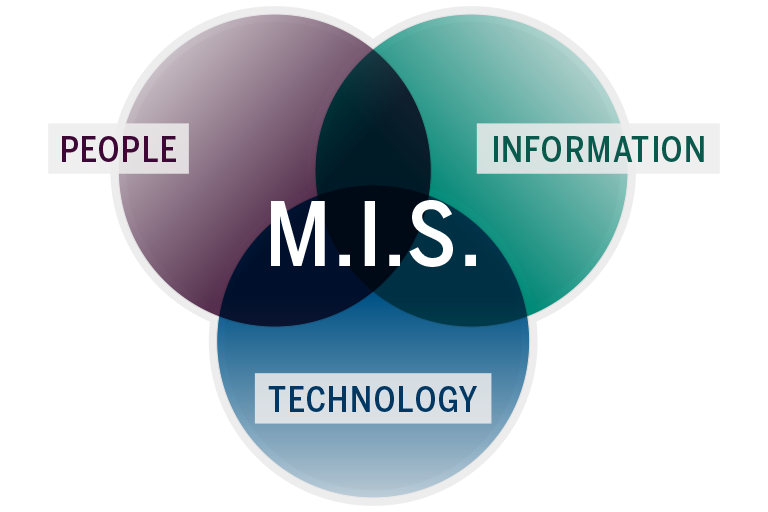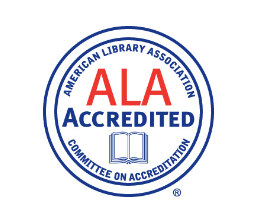Learn foundational skills and develop expertise in the field of your choosing
Under the guidance of our accomplished faculty, you’ll learn the fundamentals of information science—from database design and information architecture to organizational informatics.
The program couples best-practices training in the management and use of ICT with exposure to current information management and systems research. Strong emphasis is placed on the socio-technical, cultural, policy, and ethical issues involved in designing and developing ICT, in addition to the essential career development skills—including written and oral communication, team building, analysis, and critical thinking—that are necessary for assuming management positions in business, nonprofit, academic, and government organizations.
To build expertise in the field of your choosing, you’ll also have the opportunity to specialize in one of seven different knowledge domains, including information technology leadership, front-end development, data science, and digital humanities.




